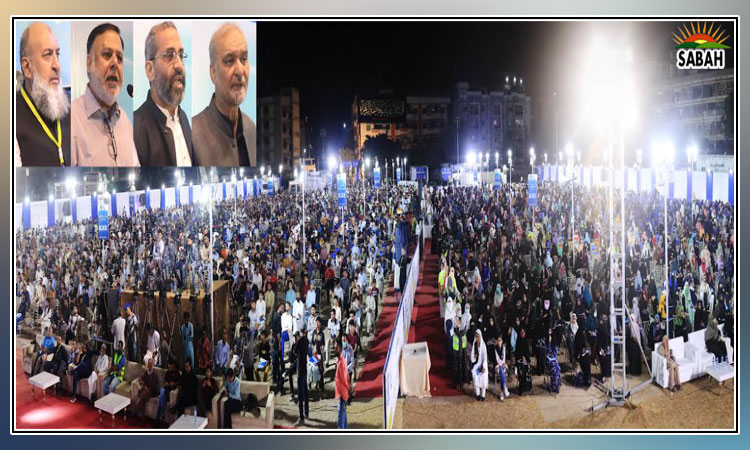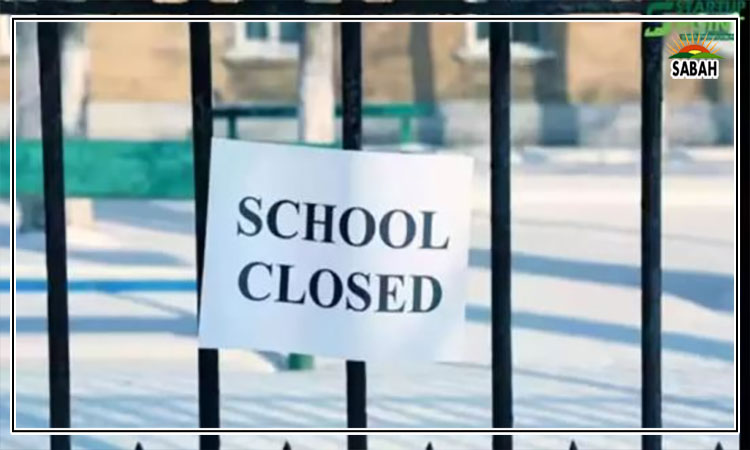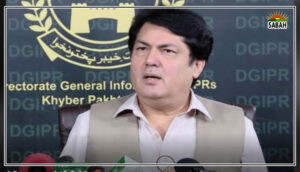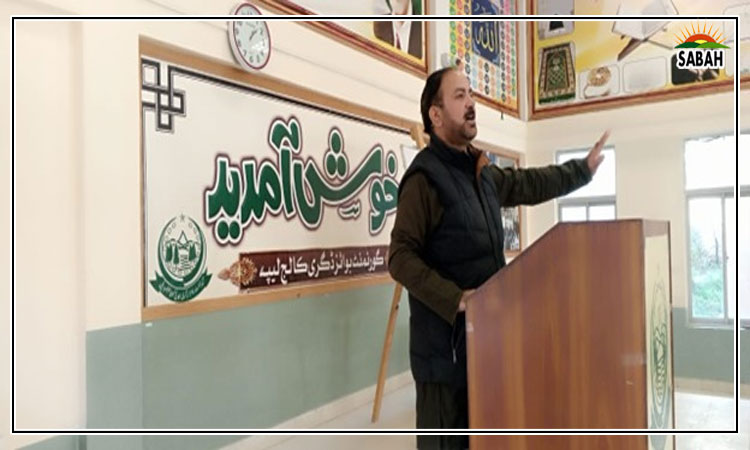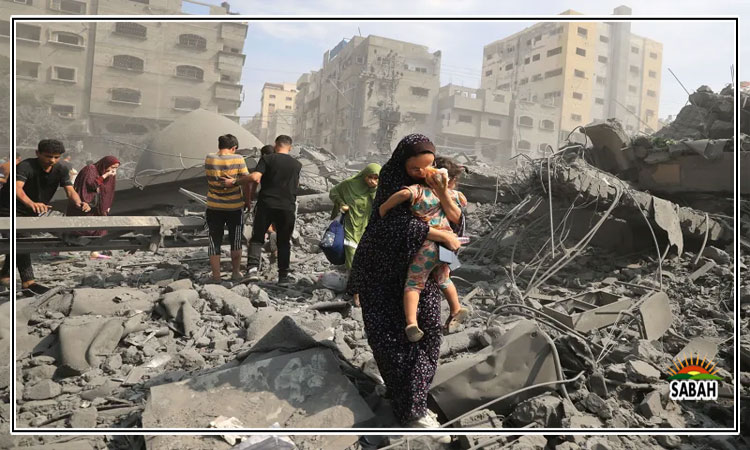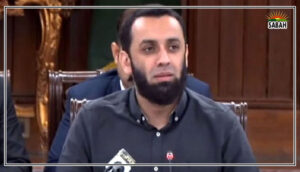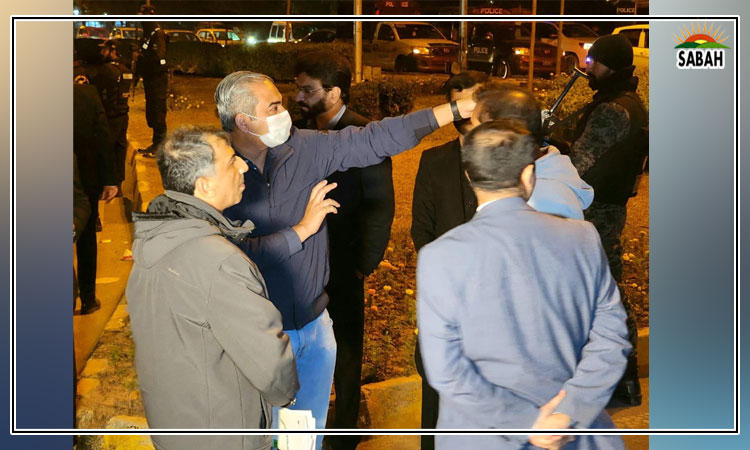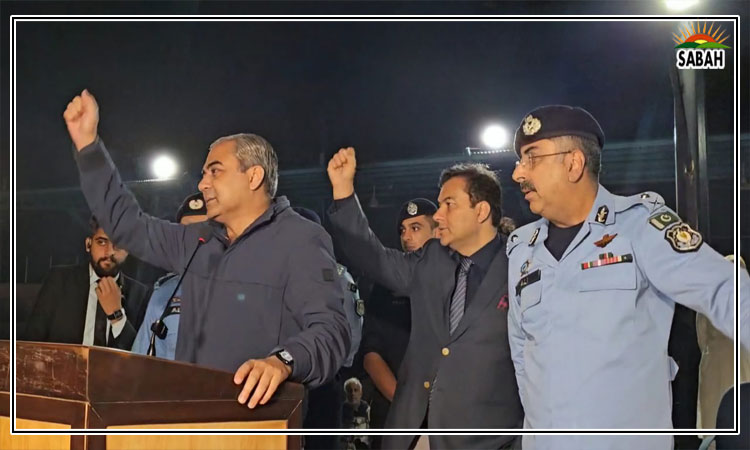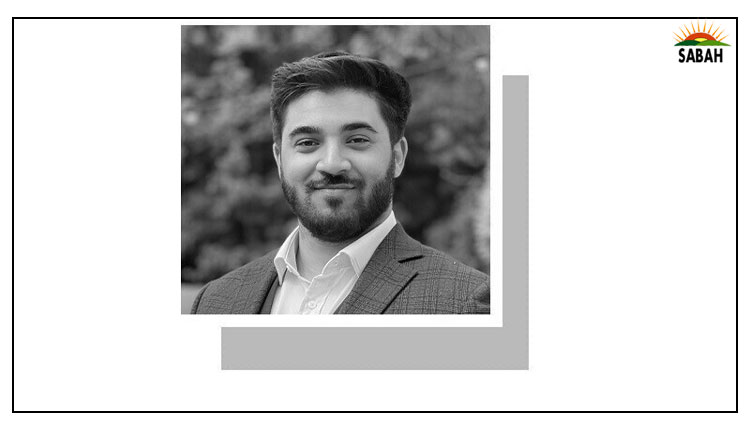Prada, poverty & patriotism…Uzair Saadat
THE ever-widening rift between the common man and the Pakistani elite is a fascinating phenomenon. It is quite common nowadays to hear the phrase the poor are getting poorer and the rich are getting richer. The former half of this statement is certainly accurate.
The cost of living in Pakistan has increased exponentially and despite a large recent interest rate incline by the State Bank (raised to 21 per cent) to attempt to offset inflation, the latest Consumer Price Index recording is the highest in the past 50 years.
However, are the rich really getting richer? To help analyse this, it is imperative to perform a deep dive into the philosophy that governs the upper echelons of society in Pakistan. Sadly, the most important layers to unwrap here are the ones snugly covering those charged with the leadership of the country.
The notion of a traditional Pakistani political rally is rather absurd. Our leaders will stand on a grand podium, loudly hurling accusations of every personal nature imaginable at their rivals while the masses gather around and listen eagerly for some indication of a plan to set the country on a prosperous trajectory.
However, current observations have turned any feeling of amusement at absurdity into a sadness at watching cruel irony unfold. A prominent leader touring Punjab in her fathers stead, addressed the public in style in designer clothing. As the camera panned towards the crowd, people cheered enthusiastically while she emotionally proclaimed how deeply she resonates with the pain of the poor.
Now, while knowledge regarding designer clothing is certainly the least of Pakistans educational liberation problems one must wonder if the support would be just as loud if most people were aware of the extent to which the attire prices surpass their average monthly wages.
Separately, over in Sindh controversy has been rife regarding Pakistans most popular property tycoon and his development on the outskirts of Karachi.
Locals of the area raised their concerns over being displaced but their protests were rapidly silenced through questionable measures. Indigenous land being seized to produce settlements for wealthy patrons? This sounds oddly familiar but many of the beneficiaries of this project will surely tweet #FreePalestine every other year so it really should not pose too much of a problem.
Now, for a brief moment let us exit Pakistan entirely and visit the place where many of the key decisions regarding the future of the country have been made: London, England. The financial connection that many of Pakistans leadership figures have shared with this city through the years is no secret.
Some weeks ago, an ousted prime minister made a worried statement regarding the looming darkness that seemed inevitable in Pakistans future if the Supreme Court gave a verdict in favour of timely provincial elections. Funnily enough, the same individual had been spotted earlier, exiting a Bentley to visit a Louis Vuitton outlet as his bodyguard rushed to instruct civilians to stop any filming immediately.
The point here is not to criticise a good shopping spree because that would certainly be hypocritical. However, when those meant to spearhead betterment for the country have their personal assets abroad and safe from the rapid devaluation of the Pakistani rupee can their empathy for the continuously worsening plague of poverty truly be trusted?
A former US secretary of state James F. Byrnes famously said: When a man is intoxicated by alcohol, he can recover, but when intoxicated by power, he seldom recovers. In a country where economic disparity is so drastic, wealth often lends absurd amounts of power to those that possess it in abundance.
Thus, a cycle begins wealth brings power and power can be utilised to acquire a social status which in turn increases wealth. Heads are bowed and hands are raised in salute for not only the individual occupying a high-ranking post but even for their family, friends and acquaintances.
This brings us to an all-important missing P in the title of this article protocol. The actual dictionary definition of the word relates to rules governing the affairs of state but in Pakistan this has acquired a different meaning altogether.
The number of Black Toyota SUVs surrounding the very highest levels of our elite seems to only have increased as the years have passed. Those that have been privy to how it feels to be surrounded by that level of security can testify the adrenaline rush is terrifying. It almost feels like starring in your very own Hollywood action-thriller where the armed men in uniform that are sternly waving aside other vehicles in the vicinity are supporting characters, merely present for the sake of embellishment. This bubble of delusion within which the privileged few can dehumanise the masses must burst for us to progress.
Giving a passionate speech on empowering the masses and then hurriedly being escorted back to the safety of the spiked gates designed to keep those very people out is a faade that should no longer fool anyone.
Amidst severe economic woes, can it truly be quantified if the rich are getting richer? No, probably not. However, considering the above reflection one thing at the very least is clear. Under the current system that operates in Pakistan, there is an inherent benefit to those at the very top of the food chain to keep a large proportion of those below them away from financial and intellectual liberation.
Until the top 5pc become truly intent on creating a new socioeconomic dynamic in which their personal interests will take a large dent, the future of the remaining 95pc is indeed shrouded in darkness.
Courtesy Dawn


